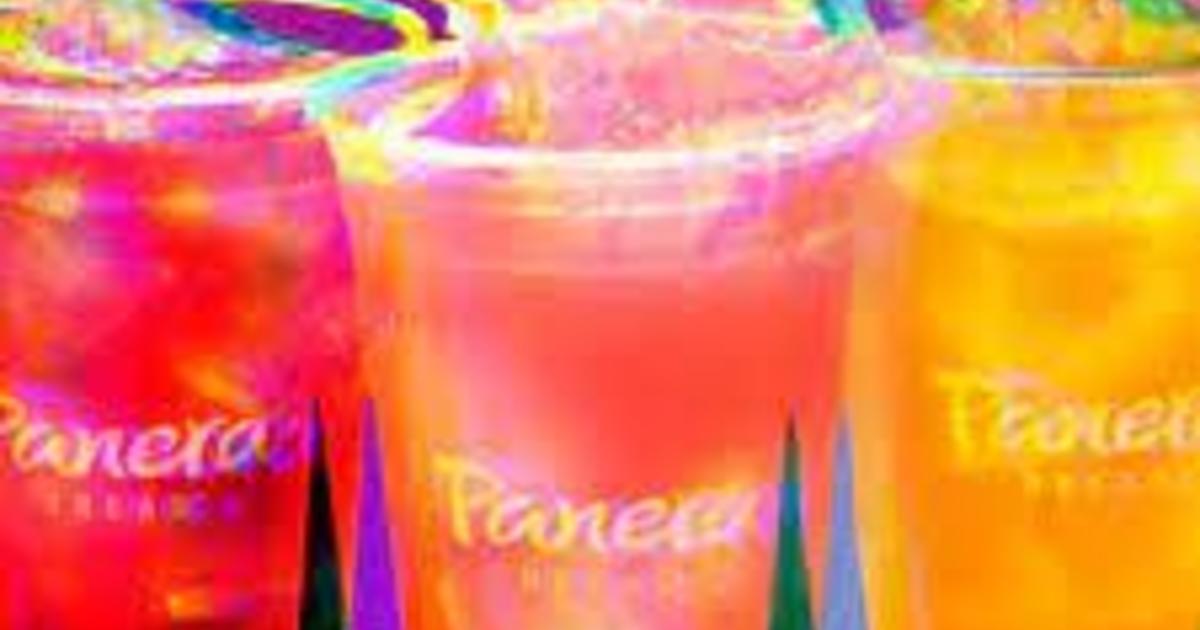Panera Bread’s Charged Lemonade is being blamed in the death of a second person, according to a lawsuit filed on Monday.
Dennis Brown of Fleming Island, Florida, drank three of the drinks — unknowingly consuming high levels of caffeine — at a local Panera on October 9 before suffering a fatal cardiac arrest while walking home, according to the suit filed in Superior Court in Delaware.
Brown, 46, suffered from a chromosomal deficiency order, developmental delay and ADHD, yet lived on his own and worked as a grocery store employee for nearly 17 years, according to the complaint. He also had high blood pressure and did not consume energy drinks, it stated.
The Charged Lemonade was not advertised as an energy drink and was offered alongside Panera’s noncaffeinated or less-caffeinated drinks, with no warnings about any potentially dangerous effects of drinking concentrated amounts of caffeine and sugar, according to the suit filed on behalf of Brown’s family.
The wrongful death suit follows another complaint filed in October by the family of 21-year-old Sarah Katz, a college student with a heart condition who died in September 2022 after drinking a Charged Lemonade beverage. The suit alleged that the product included no warning despite containing more caffeine than Red Bull and Monster Energy Drink combined.
High levels of caffeine and sugar
A large, 30-ounce Mango Yuzu Citrus Charged Lemonade contains 390 milligrams of caffeine and 124 grams of sugar, according to the suits filed against the company, as well as to an ingredient list posted on the company’s website. Yet another Panera page listed the same product and size as containing 235 milligrams of caffeine and 74 grams of sugar. The higher caffeine and sugar counts involve the same product without ice, according to Panera.
The beverages labeled by Panera as Charged Sips should be consumed in moderation, the company’s website now states. “Not recommended for children, people sensitive to caffeine, pregnant or nursing women,” a banner on the site currently reads.
One of the attorneys involved in the legal actions interpreted the company’s moves since the initial suit was filed as a sign the cases have merit.
“Panera has taken actions to decrease the caffeine in the product, they’ve put up additional warnings and they placed it behind the counter now so it’s not accessible to all,” Elizabeth Crawford, a partner at Kline & Specter, told CBS MoneyWatch.
“It was good risk management on their part to make those changes and make sure this doesn’t happen to someone else,” she added.
A Panera spokesperson declined to comment on whether the company had reduced the amount of caffeine in Charged Lemonade.
A healthy adult can safely consume 400 milligrams of caffeine a day, the equivalent of about four cups of coffee, according to the Food and Drug Administration. Sugars should make up less than 10% of total calories, meaning 50 grams for a 2,000-calorie diet.
The FDA in October said it was gathering information on Katz’s death. The agency did not immediately respond to a request for comment on Tuesday.
“Dennis is part of a vulnerable population that should be protected. And Panera failed to protect Dennis. Dennis’ family, just like the Katz family, hopes this message gets out to prevent this tragedy from happening again to anyone else,” Crawford said.
Panera denies connection
Panera expressed sympathy for Brown’s family, but disputed a link between his death and its caffeinated drinks.
“Based on our investigation, we believe his unfortunate passing was not caused by one of the company’s products. We view this lawsuit, which was filed by the same law firm as the previous claim, to be equally without merit. Panera stands firmly by the safety of our products,” a company spokesperson said.
Privately held by German investment firm JAB Holding Co., Panera operates more than 2,000 eateries across the U.S. and Canada.













